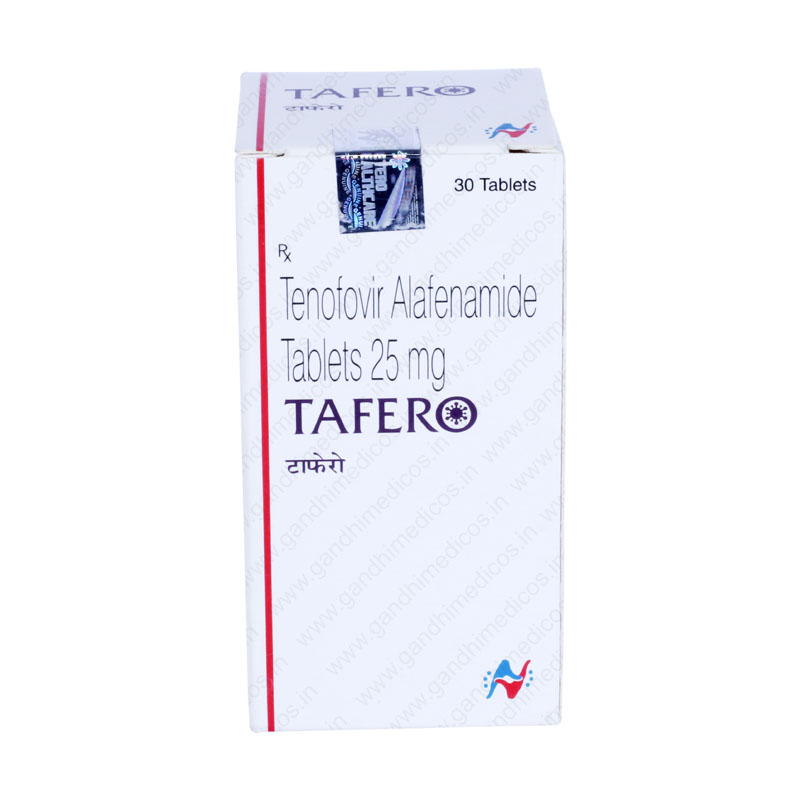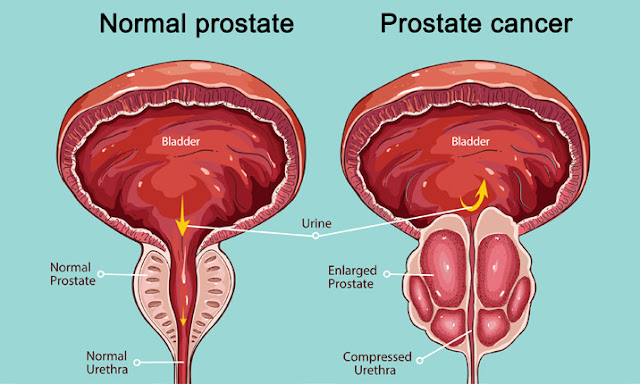Which Malignancy is Associated with HIV?
People who have HIV are more likely to get affected with a specific type of cancer compared to non-HIV affected individuals. When people living with HIV start developing a certain type of cancer, their healthcare giver considers that their HIV disease has progressed to an advanced stage which is known as AIDS. Prevalent HIV-associated malignancies include
- Non-Hodgkin lymphoma
- Cervical cancer
- Kaposi sarcoma
People living with HIV or AIDS are also likely to develop common types of cancer in the liver, lungs, anus, and skin and can also suffer from Hodgkin lymphoma.
Facts about HIV or AIDS-related malignancy
Kaposi sarcoma is a type of cancer that occurs very rarely among individuals who do not live with HIV. HIV-infected individuals are at 1000 times more risk of developing Kaposi sarcoma compared to non-HIV-affected individuals. An individual living with HIV infection is at 20 to 70 times more risk of developing non-Hodgkin lymphoma. They are at least 25 times more likely to suffer from anal cancer, ten times more likely to develop Hodgkin lymphoma, five times more likely to develop liver/ cervical cancer, and at least three times more likely to suffer from lung cancer compared to non-HIV or non-AIDS infected individuals.

Although HIV or AIDS is related to an increased risk of developing these malignancies, with the help of anti-HIV drugs or antiretroviral medicines like tafero 25, it is easy to combat the HIV virus. The immune system of a person who becomes HIV-infected becomes weak. So they suffer from various types of cancer as the immune system fails to fight against the cancerous cells, and soon the cells develop into tumors. Early diagnosis and HIV drugs help boost the immune system and are effective anti-cancer treatments.
Symptoms
Different HIV or AIDS-associated cancer cause different types of signs or symptoms in the body, such as the following.
· Kaposi sarcoma.
Common symptoms include fever, weight loss, diarrhea, brown or purple spots on the skin, and damage to lymph nodes, the digestive tract, and the lungs.
- Non-Hodgkin lymphoma
Common symptoms include unintended weight loss, swollen lymph nodes, fever, memory loss, fatigue, and a seizure.
- Cervical cancer
Symptoms include vaginal discharge, discomfort during sexual intercourse, abnormal bleeding.
- Anal cancer
Common symptoms include itching, bleeding, pain in anal region, lump in the anal region, change in the bowel habits.
- Lung cancer
Common symptoms include severe coughing, chest pain, weight loss, fatigue, trouble breathing, chest pain, etc.
Diagnosis and Treatment
Kaposi sarcoma mainly affects the digestive tract, and so with the help of colonoscopy or endoscopy, it is easier to examine the condition of the digestive tract. Several tests will be performed by your healthcare provider, like MRI scans or CT scans, to diagnose AIDS-related lymphoma or malignancies. Blood tests also help to determine how far the cancer has spread.
Anti-HIV medicines like Tafero 25 mg help treat HIV-related malignancies such as Kaposi sarcoma. Other forms of treatment options include chemotherapy, surgery, radiation therapy, and immunotherapy. Treatment options for AIDS associated with lymphoma include using anti-HIV drugs, radiation, and chemotherapy. Cervical cancer can be treated using a small surgical procedure for removing cancer, radiation, and chemotherapy. Surgery, radiation, and chemotherapy also treat lung and anal cancers.
Prevention
HIV medications like tenofovir alafenamide help people to live longer lives even after getting an HIV infection. Early diagnosis and treatment of HIV will prevent HIV or AIDS-related malignancy. You should also avoid unprotected sexual intercourse, sharing syringes or needles with others, and coming in contact with contaminated blood. Get tested or screened for HIV on a regular basis. Regular checkups will help your healthcare provider detect abnormal cells before they become aggressive and become cancerous.


Comments
Post a Comment